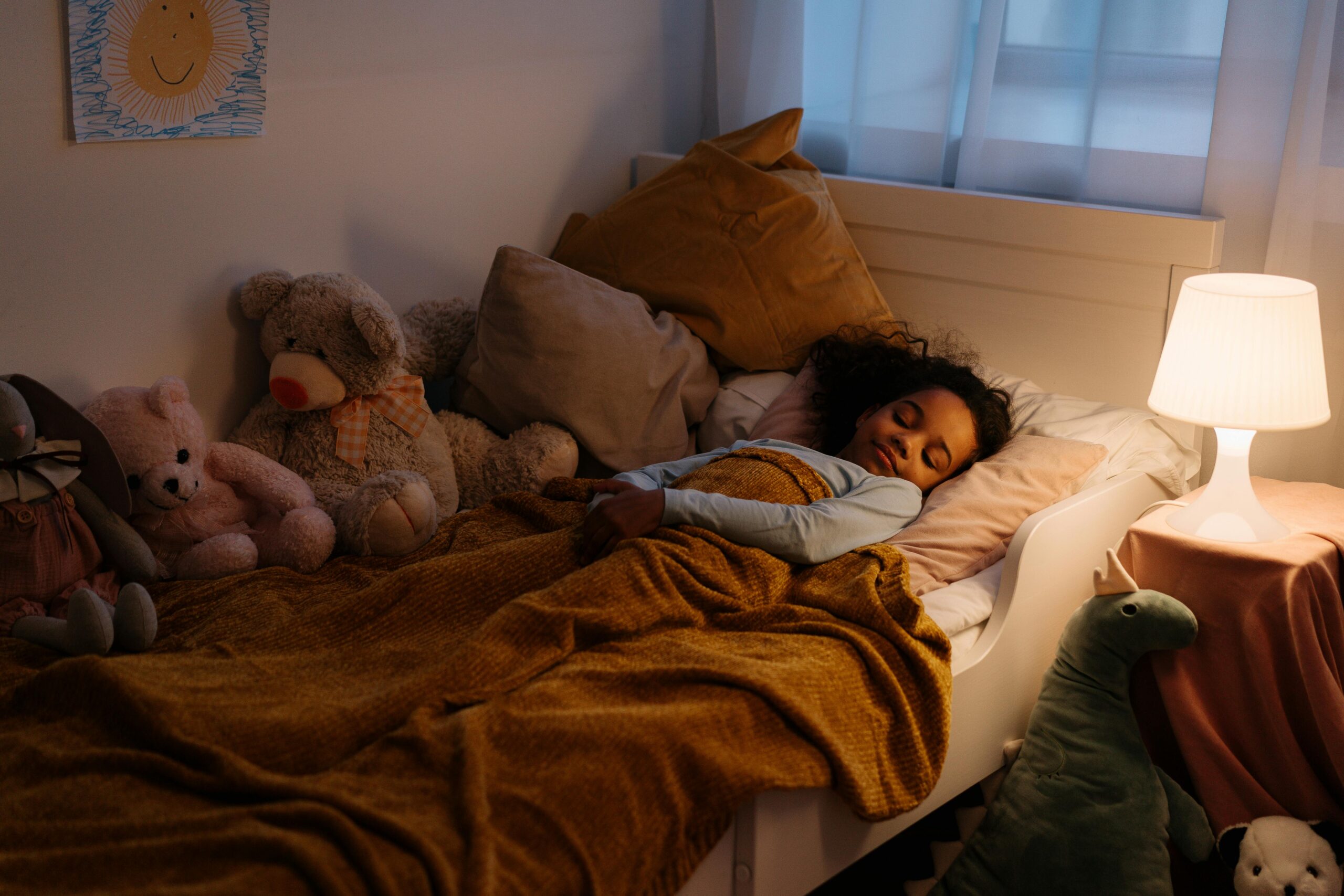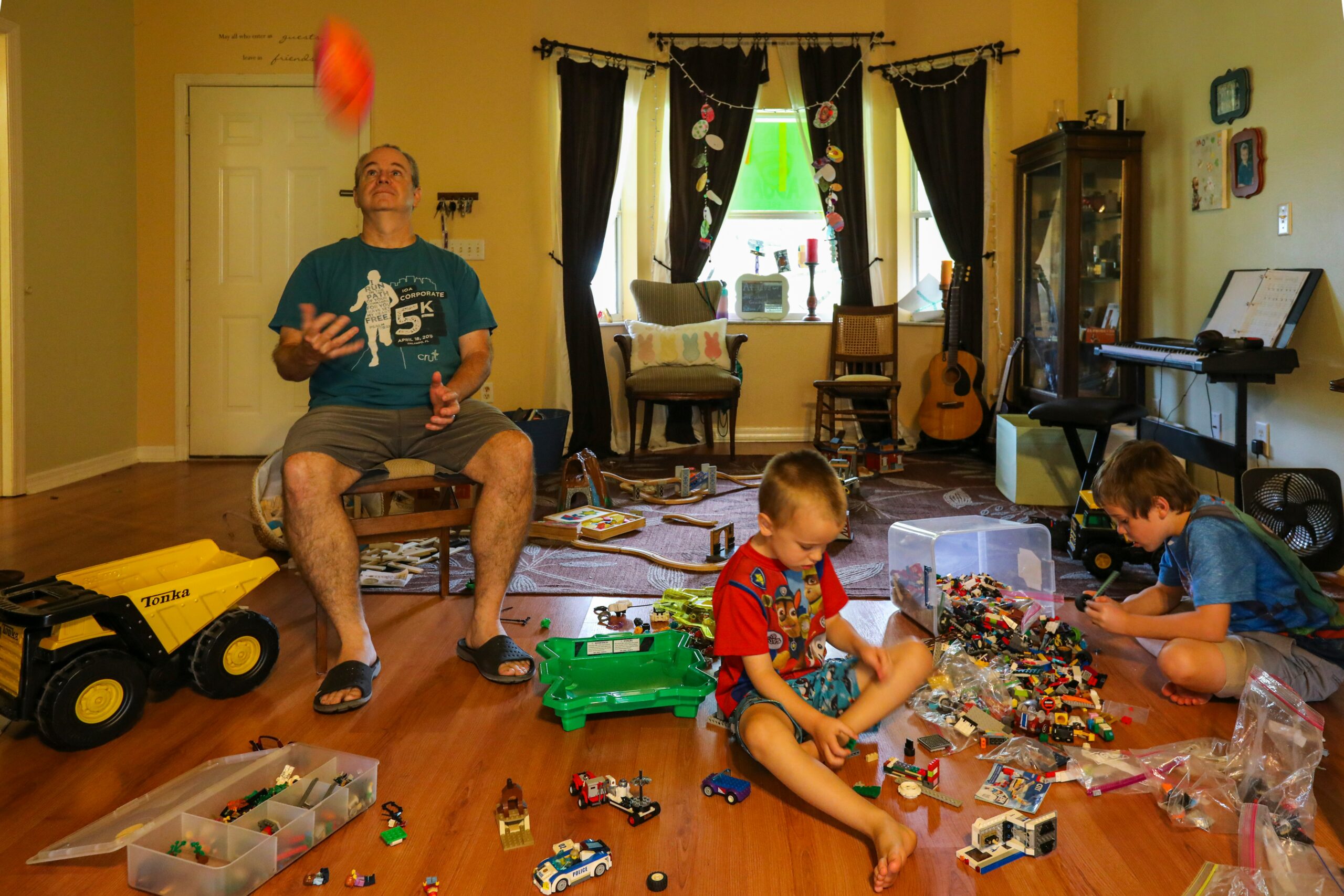Sleep deprivation is a universal parenting challenge, whether you’re soothing a newborn at 2 a.m. or negotiating with a preschooler who refuses to stay in bed. The good news? With a few evidence-based strategies, you can help your child—and yourself—get more restful sleep.
Thank you for reading this post, don't forget to subscribe!
1. Establish a Consistent Bedtime Routine
Children thrive on predictability. A bedtime routine—such as a bath, story, and cuddle—signals to the brain that it’s time to wind down. The Sleep Foundation notes that routines help regulate circadian rhythms and make it easier for kids to fall asleep and stay asleep.
2. Limit Screen Time Before Bed
Screens emit blue light, which suppresses melatonin and disrupts sleep cycles. The American Academy of Pediatrics recommends turning off devices at least an hour before bedtime and replacing them with calming activities like reading or drawing.
3. Create a Sleep-Friendly Environment
A cool, dark, and quiet room is ideal for sleep. Blackout curtains can block early morning light, while white noise machines mask disruptive sounds. The National Sleep Foundation suggests that a child’s sleep environment should be free of distractions and comforting, with a favorite stuffed animal or blanket for security.
4. Address Nighttime Fears Gently
Nighttime fears are common, especially in toddlers and preschoolers. Experts advise listening to your child’s concerns, offering reassurance, and using tools like nightlights or “monster spray” to empower them. Avoid dismissing their fears, as validation helps children feel safe and understood.
5. Be Patient and Flexible
Every child is unique, and sleep patterns can change due to growth spurts, illness, or life transitions. The Centers for Disease Control and Prevention emphasizes the importance of patience and flexibility as you navigate sleep challenges. If one strategy isn’t working, don’t be afraid to adjust your approach.
In conclusion… In addition to these tips, research highlights the importance of sleep for cognitive development, emotional regulation, and physical health. Children who get adequate sleep are better able to concentrate, manage stress, and maintain a healthy immune system. Conversely, chronic sleep deprivation can lead to behavioral issues, learning difficulties, and increased risk of illness.
If sleep struggles persist, consider consulting your pediatrician to rule out underlying medical issues such as sleep apnea or allergies. Remember, you’re not alone—millions of parents face similar challenges, and with persistence and support, restful nights are within reach.
For more in-depth guidance, explore resources from the Sleep Foundation, American Academy of Pediatrics, and parenting blogs that specialize in practical, research-backed solutions for everyday family life.
We hope it helps,
The Smart Parenting Blog Team






